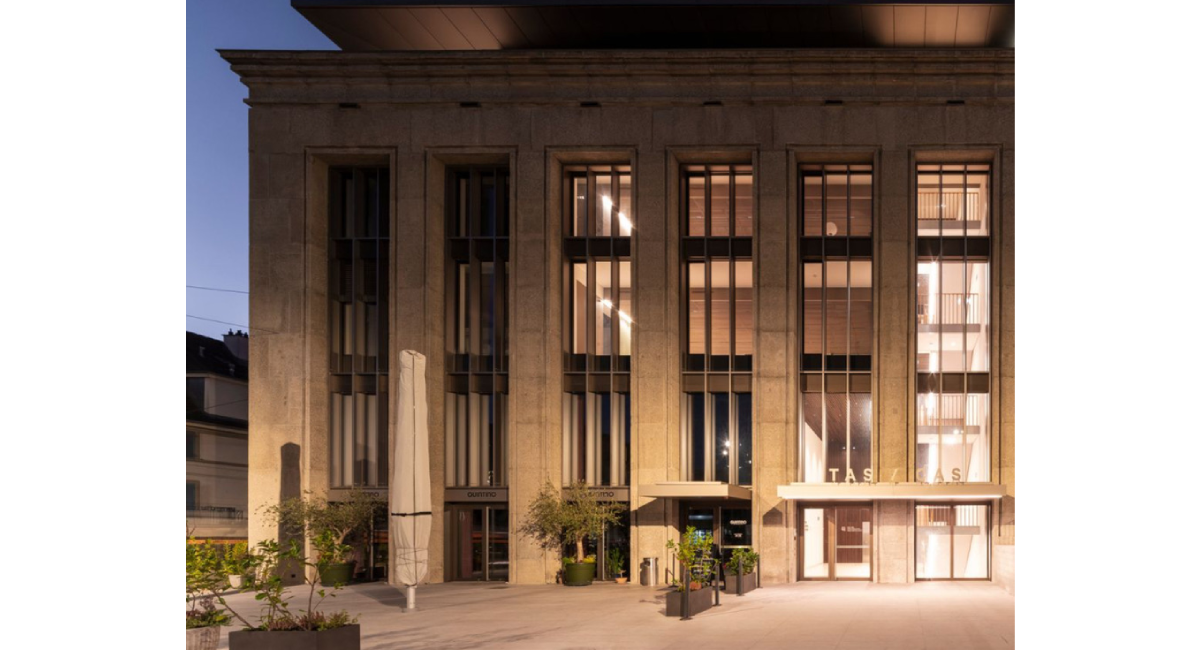In the context of the Sports Law practice, but also of recent civil and criminal cases, the Costaș, Negru & Asociații team presents today a summary of the case CAS 2024/A/11103, Al Gharafa Sports Club vs. SC Fotbal Club FCSB SA, resolved by the Court of Arbitration for Sport by the decision of August 28, 2025.
The dispute opposed two professional football clubs: Al Gharafa Sports Club (Qatar) and Fotbal Club FCSB SA (Romania). The two clubs agreed, in the summer of 2024, the transfer of the player Florinel Coman from FCSB to Al Gharafa. In this regard, following negotiations initiated by e-mail on 22 June 2024, the parties signed the Transfer Agreement of 1 July 2024. This agreement indicated a net transfer amount of 5 million euros, increased by a 5% solidarity contribution due to the clubs that trained the player. The payment deadline was set for 31 July 2024, with a penalty of 1 million euros for non-payment on behalf of Al Gharafa. Also, the bank indicated for payment was Banca Transilvania.
After the player underwent a medical examination, Al Gharafa received an email purportedly from the president of FCSB, containing an amended Transfer Agreement (regarding the change of bank, with payment to be made to a bank in Vietnam) and the tax invoice issued by FCSB for the transfer amount indicating the bank in Vietnam. On the same day, FCSB also sent the real email, containing only the tax invoice indicating the bank in Romania, but this email was directed to an address that only apparently belonged to Al Gharafa.
On July 31, 2024, Al Gharafa paid the transfer amount of 5 million euros to the account in Vietnam, which did not belong to FCSB.
The legal dispute between the two parties first reached its conclusion at FIFA. By a ruling of 5 November 2024, a panel of the FIFA Football Tribunal ordered Al Gharafa to pay the transfer fee of 5 million euros and the penalty of one million euros.
On 30 December 2024, Al Gharafa appealed to the Court of Arbitration for Sport against the FIFA Football Tribunal’s ruling. The Court of Arbitration for Sport, composed of Espen Auberg (Norway), Petros Constantinos Mavroidis (USA), Ilias Bantekas (Qatar), delivered its ruling on 28 August 2025. In essence, as stated in paragraphs 81 – 84 of the judgment, the CAS had to determine whether Al Gharafa had fulfilled its obligation to pay the transfer fee and, if the answer was negative, whether the contractual penalty should be removed or reduced.
The Tribunal first held that the payment made by Al Gharafa to an account in Vietnam was the direct consequence of the email received on 15 July 2024, from the email account of the FCSB president, which was probably accessed illegally. Although the email corresponds to the standard form of communication between the parties, the CAS observed that the Transfer Agreement attached to this email was still dated 1 July 2024 and did not contain any new signature (although, according to the Agreement, no changes could be made except in writing and confirmed by the parties by signature). Therefore, this Transfer Agreement circulated on 15 July 2024 did not in any way modify the Transfer Agreement of 1 July 2024. On the other hand, the Panel of Judges holds that the only invoice received by Al Gharafa was the one attached to the fictitious email of 15 July 2024, indicating the bank in Vietnam.
On this subject, the Court of Arbitration for Sport held that under art. 99 of the Swiss Code of Obligations and in accordance with the CAS jurisprudence in case CAS 2020/A/7742, the parties to a contract must act diligently when fulfilling their financial obligations. In this regard, for example, the confirmation sent on WhatsApp by the president of the FCSB club to the effect that he had received the payment is irrelevant, as he was not obliged to verify the payment details on the screenshot sent by the Al Gharafa agent. It was also held that the Transfer Agreement of 1 July 2024 was uploaded by FCSB to the FIFA platform, Transfer Matching System (TMS), in order to obtain the International Transfer Certificate. However, in this platform, the bank details were those of the bank account in Romania, and they were not subsequently modified. Therefore, Al Gharafa did not act with the required level of diligence when making the payment to an account other than the one indicated in the TMS.
Furthermore, the Court of Arbitration for Sport held that the same level of diligence should have been exercised when Al Gharafa analysed the actual amendment to the Transfer Agreement. It was observed that the amendment was made relatively unprofessionally, with the new bank details being written in a different font and clearly copied over the original text. Such a situation should have prompted Al Gharafa to carry out additional checks.
Finally, the Lausanne judges found that even the change of bank from Romania to Vietnam, given that there was no apparent link between the Romanian club and Vietnam, should have triggered additional checks by Al Gharafa.
For these reasons, the Court of Arbitration for Sport concluded that the liability for the payment into an illegitimate account lies with the Qatari club.
Regarding the penalty associated with the non-payment of the transfer fee on time, the Court determined that there are no grounds for its removal or reduction. In this regard, the confirmation via WhatsApp of July 31, 2024 of the FCSB president does not have the valences of acceptance of the compliant fulfillment of the contractual obligations by Al Gharafa.
Under the conditions set out, the Court of Arbitration for Sport rejected Al Gharafa’s appeal and confirmed the obligation of the Qatari club to pay both the transfer fee and the contractual penalty.
In the context of this decision, we note that man-in-the-middle (MitM) fraud is becoming increasingly common. This involves a cyber attack in which a criminal interposes himself between two communicating parties in order to intercept and modify the messages they send. In this case, login details, financial information and personal data are first stolen, and in many cases, transactions are subsequently modified to direct funds to illicit accounts controlled by cybercriminals (often, before a large payment, the debtor is instructed to use another bank to make the payment).
The Court of Arbitration for Sport’s decision is important because it insists on the diligence that parties to a contract must demonstrate when unusual or significant changes occur to ongoing contracts. Such changes should be carefully considered and should trigger additional changes to deter fraud. Logically, the party that does not make such checks, although it should have done so, is legally responsible for the consequences (e.g. a payment made as a result of cyber fraud in an illegitimate account does not extinguish the contractual payment obligation). We say this also because, in Romania, such frauds occur more and more often.
This summary was prepared for the Costaș, Negru & Asociații blog by av. dr. Cosmin Flavius Costaș from the Arad Bar Association.
Costaș, Negru & Asociații is a civil law firm with offices in Cluj-Napoca, Bucharest and Arad, which provides assistance, legal representation and consultancy in several areas of practice through a team of 16 lawyers and consultants. Details regarding legal services and the composition of the team can be found on the website https://www.costas-negru.ro. All rights for materials published on the company’s website and through social networks belong to Costaș, Negru & Asociații, their reproduction being permitted only for information purposes and with correct and complete citation of the source.













